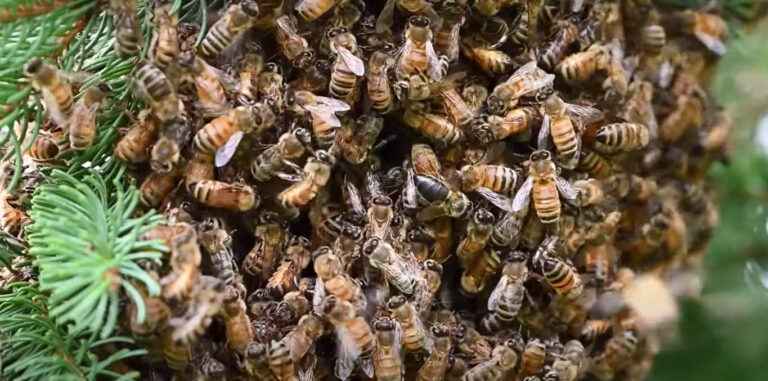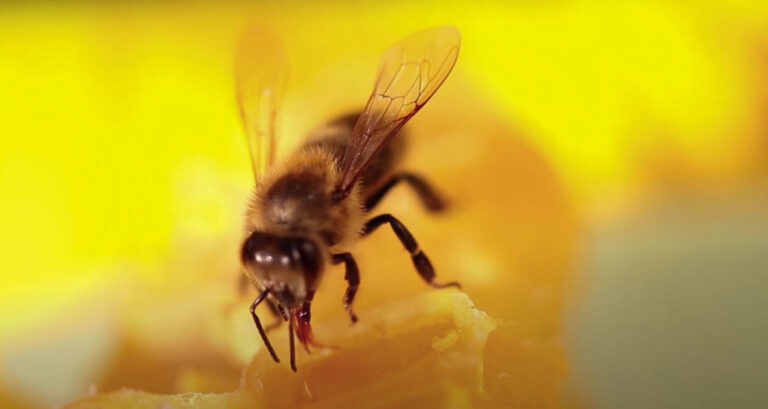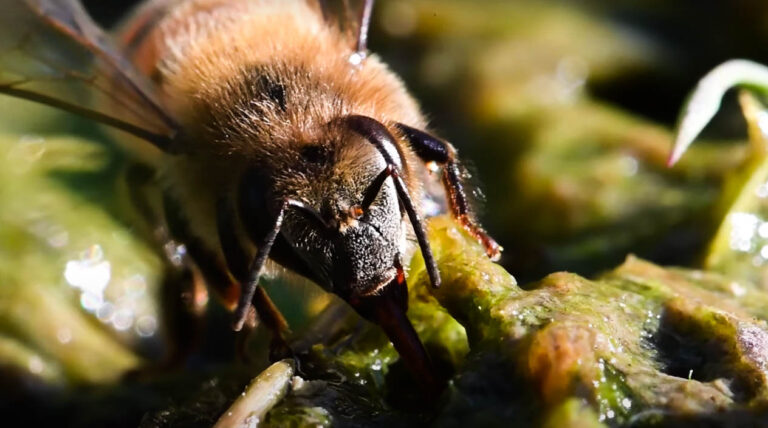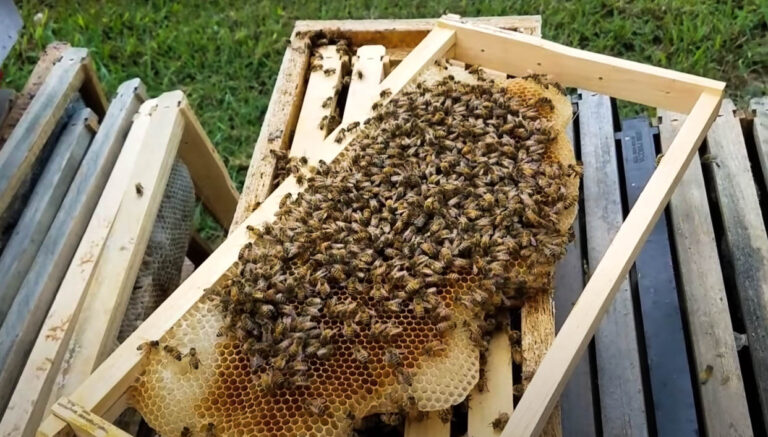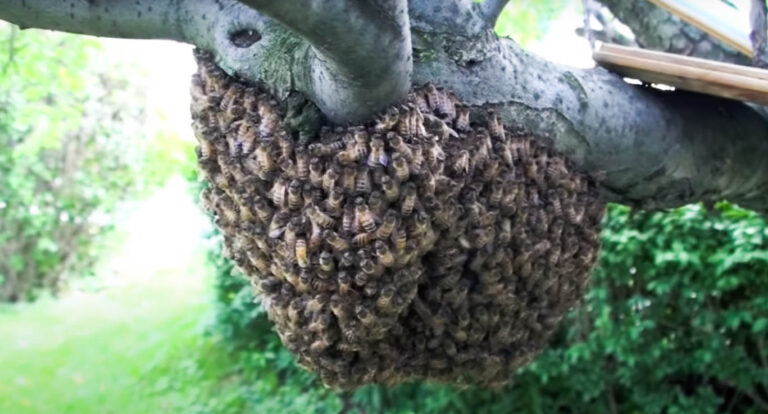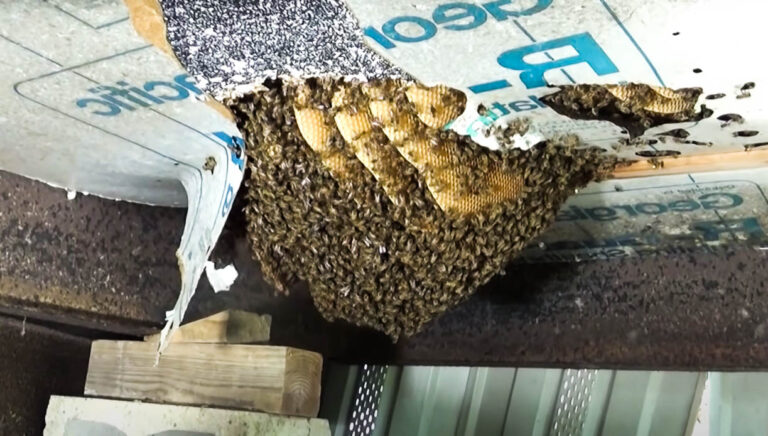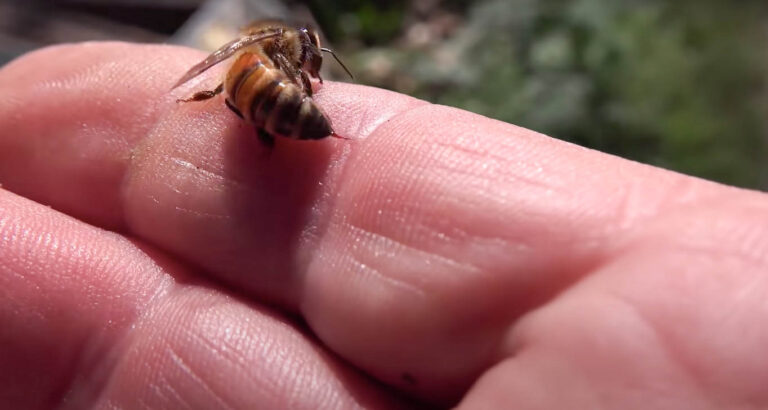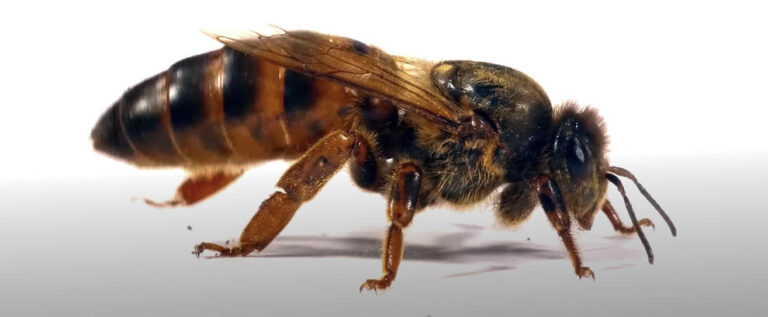Why do bees swarm?
Why do bees swarm?
You may have seen a large number of bees moving in a coordinated fashion and wondered what was going on. You may have also wondered whether it is safe for you to be around such bee activity. What you witnessed was a bee swarm, a beautiful dance indeed, and the focus of this article. This article focuses on what swarming is and why bees swarm.
What is swarming?
Swarming is the movement of large numbers of insects in a particular direction. It is a coordinated form of movement and a behavioral pattern that is expressed by ants and bees. Bees typically swarm in spring. They could also swarm in summer and fall.
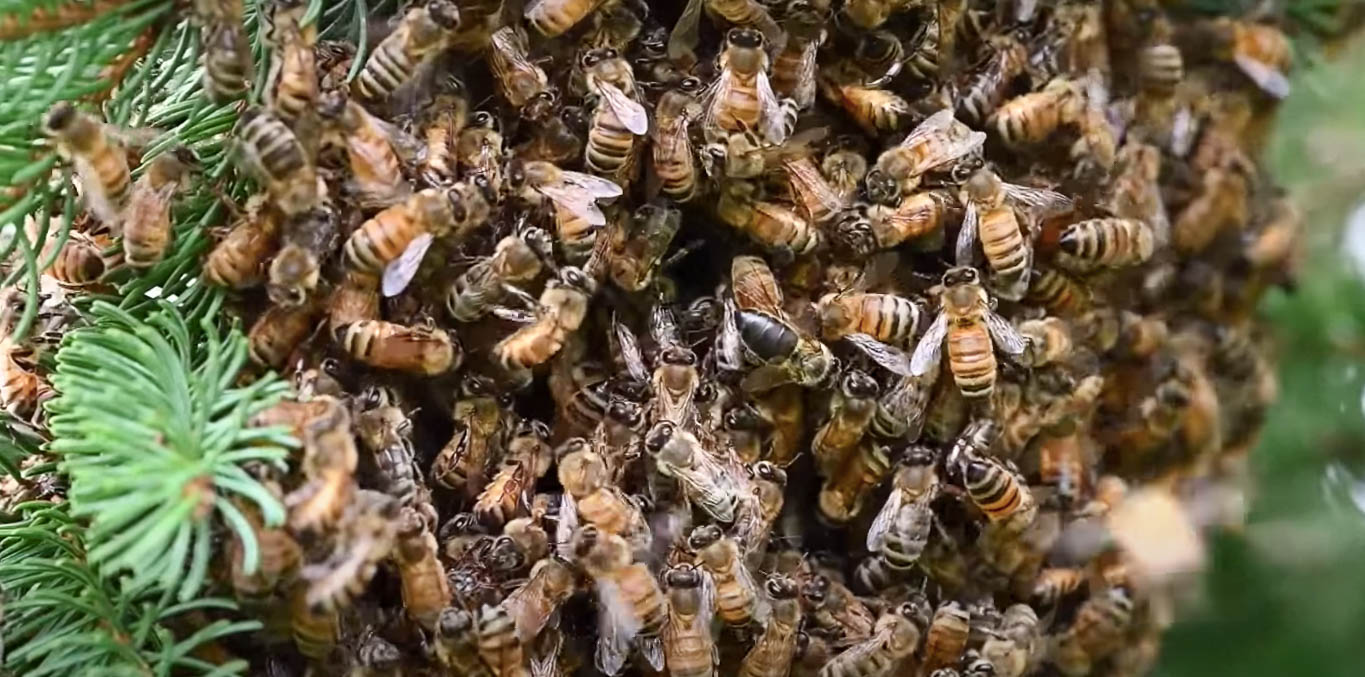
Why do bees swarm?
Two major reasons have been established for the swarming of bees. Generally, bees are social insects, and they live in colonies. They choose suitable areas that can support their colonies to build their hives. Bee colonies have a queen, numerous drones, and abundant workers. The queen lays eggs after mating with drones from the same as well as other colonies. If a colony grows too large, some members could break out to start new colonies. This could occur as the old queen leaves the colony with some other members and a newly hatched queen takes over.
Multiple newly hatched queens may have to fight to become the queen of the existing colony. Thus, one of the reasons why bees swarm is to form new colonies from established colonies. When part of an existing colony swarm to start new colonies, the queen may simply wait around while the workers seek a suitable location for their new home. Bees could also swarm when the current location of their hive no longer supports them appropriately. In this case, a new colony does not break out of an existing colony. Instead, an existing colony changes its location.
Are bee swarms dangerous?
Although the swarms could look menacing, they are not exactly dangerous. When bees swarm, they lack the protection that comes with living in an established location where caste members perform specific duties. Thus, swarming bees are docile and mean little to no harm. If you are not allergic to bee stings, you could watch swarming bees from a distance. It is best that you stay away from watching even swarming bees if you are allergic to bee stings. Because bees are particularly harmless when they swarm, beekeepers could catch them and relocate them.
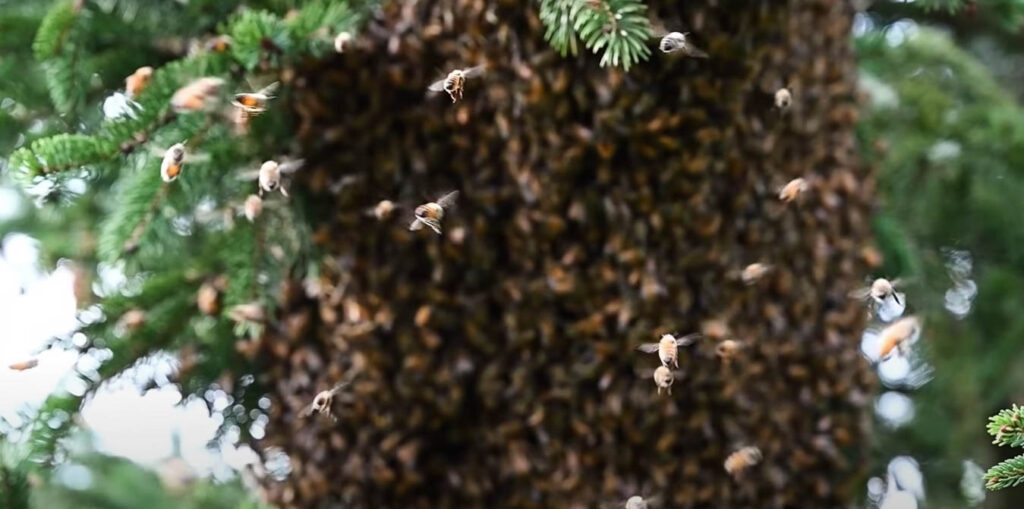
Swarming is part of the basic behavioral pattern of bees. They swarm to establish their populations and maintain healthy colonies with the necessary supporting resources.

